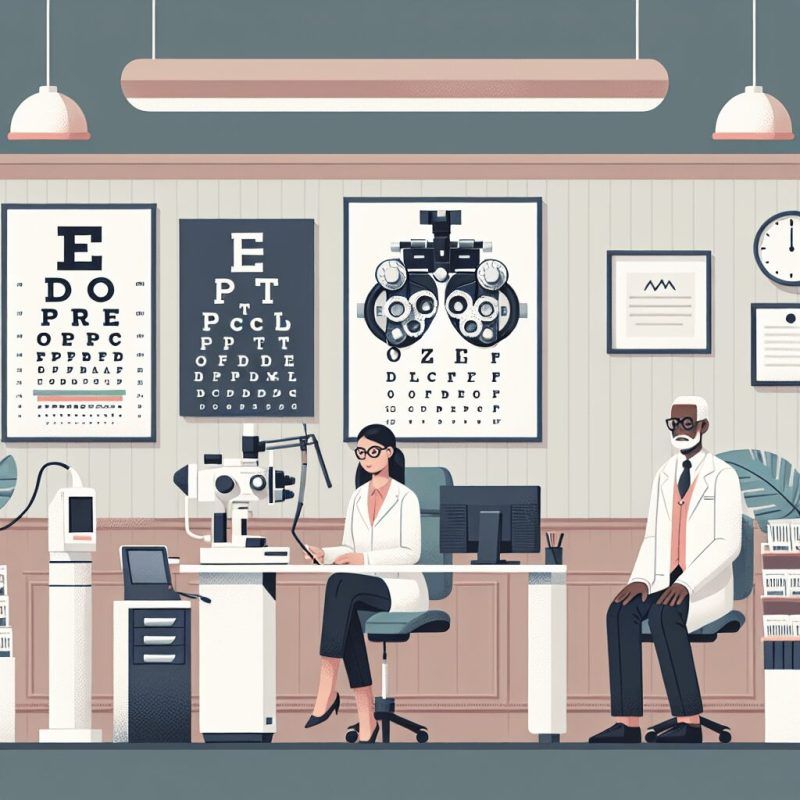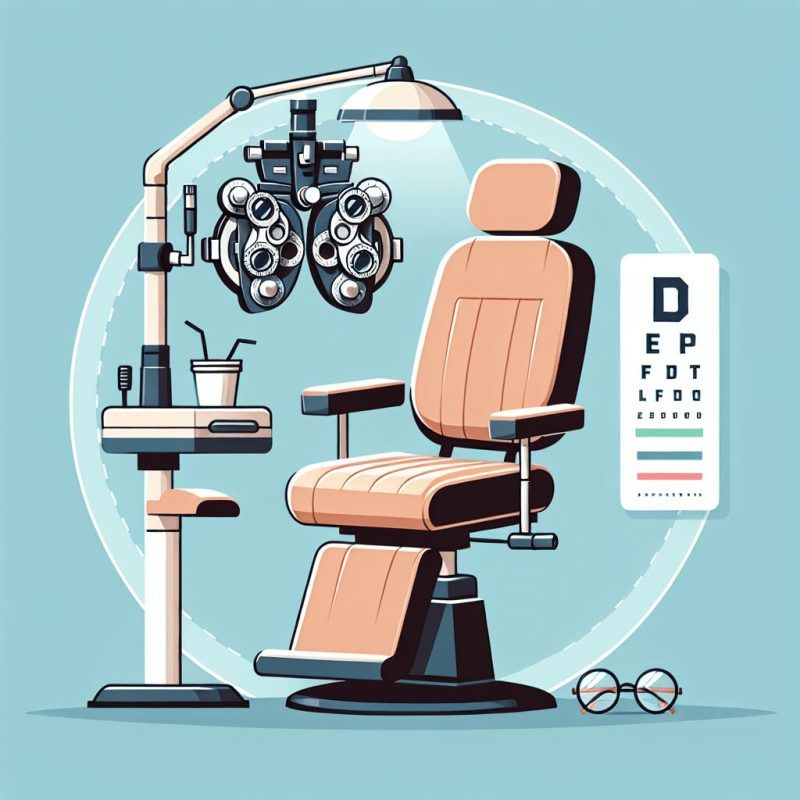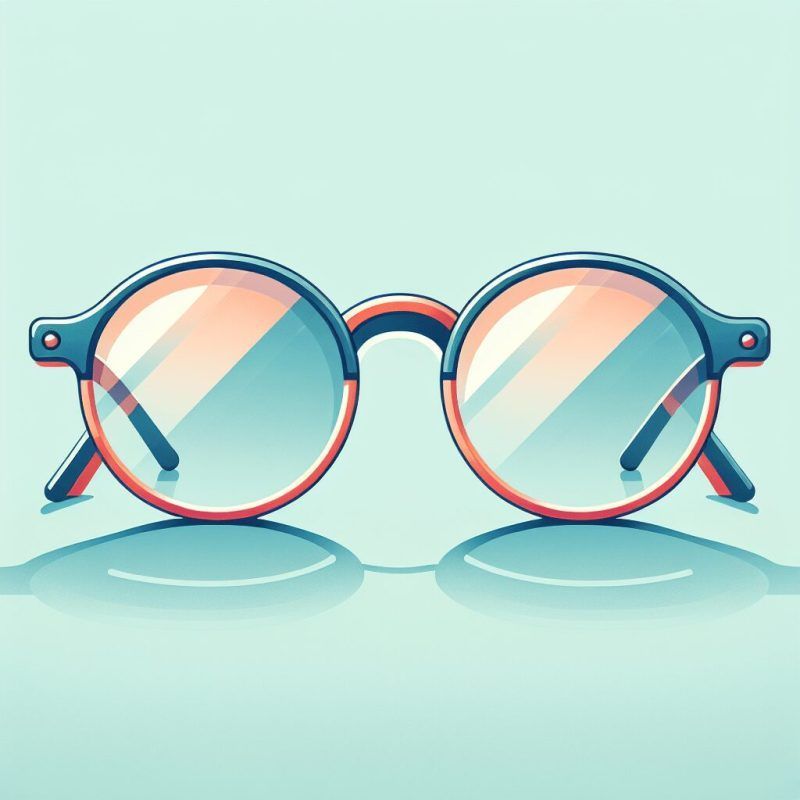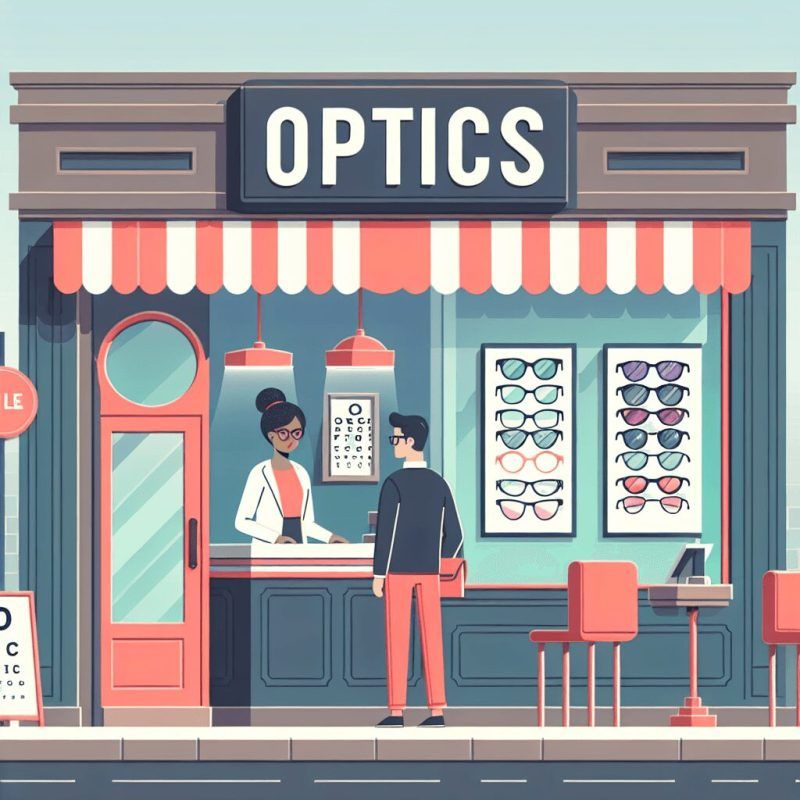Doctor's Corner
Here’s What Not To Do After Eye Dilation
Eye exams are an important way to maintain eye health and are a prime opportunity to update your corrective lenses if you wear glasses or contacts. Part of the exam involves checking for diseases. Eye dilation is one of the most effective methods for doing this, which is why optometrists use it so frequently.
At Superior Eye Care, we are proud to be The Woodlands’ trusted optometrist. If you are wondering what happens during and what not to do after eye dilation, read on.
What Is Eye Dilation?
During dilation, your eye doctor places drops in your eye to dilate (enlarge) your pupil. Many eye diseases require early identification, diagnosis, and treatment to avoid serious consequences, including vision loss. Dilation allows your optometrist to thoroughly examine your eyes and catch these initial signs of disease.
Important Things To Avoid
Eye dilation is a simple, painless, and straightforward process. However, its effects may cause some discomfort after your appointment. There are a few steps you can take to reduce this discomfort. Our doctors will advise you to steer clear of certain activities until the effects of the dilation wear off, usually anywhere from four to six hours. Following these simple guidelines on what not to do after eye dilation will ensure your recovery process is as comfortable as possible.
Driving
After your pupils are dilated, your eyes are more sensitive to light. Dilation also affects your vision, causing blurriness. Driving under these effects can be dangerous for you and other drivers on the road. Refrain from driving until the effects of dilation wear off; if possible, coordinate with someone who can give you a ride home after your appointment. Likewise, avoid operating any other heavy machinery.
Direct Sunlight
Because of the increased light sensitivity of your eyes after dilation, exposure to bright lights can be extremely uncomfortable. Avoid looking at the sun and spending prolonged periods outside in direct sunlight. If you need to spend time outside for any reason, wearing sunglasses and a wide-brimmed hat will make it more bearable.
Bright, Artificial Lights
In addition to keeping out of direct sunlight, stay away from artificial light, including that emitted by electronic devices like televisions, computer screens, and smartphone screens. While these devices are important parts of many of our daily lives, limiting your use after your eye appointment can significantly alleviate your symptoms.
Up-Close Reading
Blurry vision after eye dilation is particularly pronounced when objects are closer to your face. Consequently, reading small text after a dilation may cause further eye strain. If you absolutely must read something, we recommend holding the book far away from your face — at least arm’s length. You can also use a magnifying glass to enlarge the text.
Take breaks from reading or any other work that requires focus on close objects. This is a good habit to get into anyway, as reducing unnecessary eye strain can improve your overall eye health.
Rubbing Your Eyes
Some people experience eye dryness or itchiness after dilation. It may be tempting to rub your eyes, but this could cause irritation and damage. Your optometrist may recommend artificial tears to alleviate those symptoms. Resting and closing your eyes can help as well.
Learn More Today
Eye dilation is an extremely useful tool for your optometrist. The aftermath of the experience may be a little uncomfortable, but follow these simple steps about what not to do after eye dilation, and you should be feeling back to normal soon. If you are still noticing symptoms 24 hours after a dilation, reach out to your optometrist.
Whether you need an annual eye exam, new contact lenses, or specific tips to treat dry eyes, you can depend on the team at Superior Eye Care. Reach out to our office at 281-298-5905 to get answers to any further questions you might have and schedule an appointment today.
Doctor's Corner





